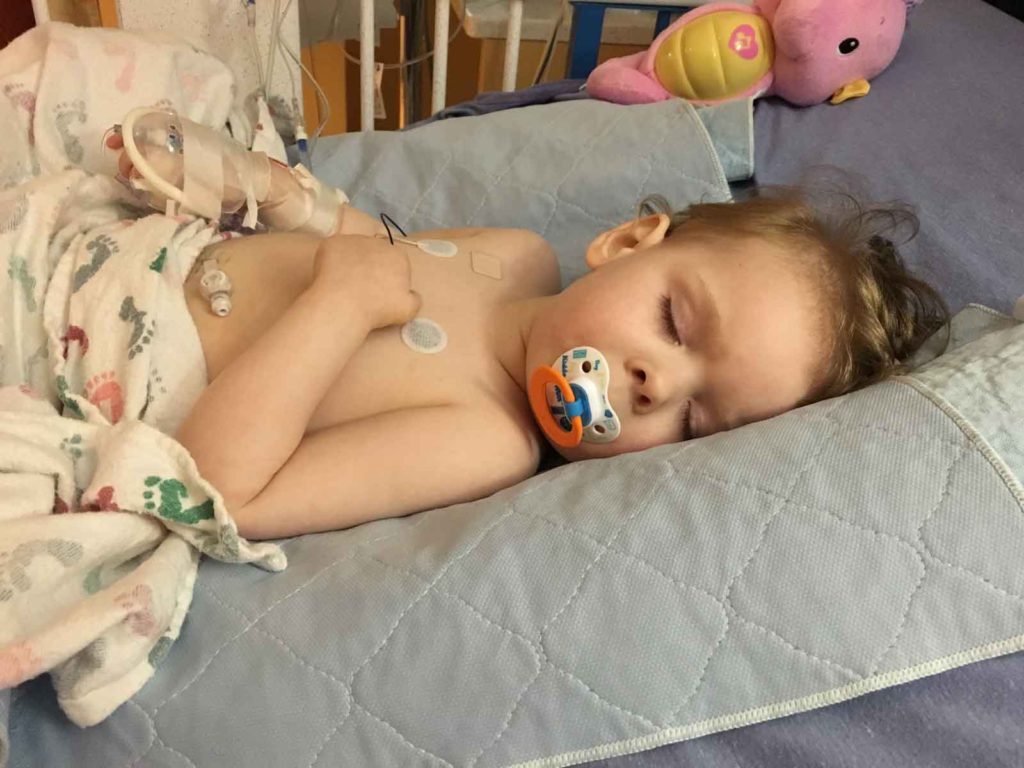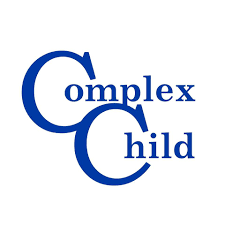A Case to End the Overwhelm for Parents of Medically Complex Children
The day after my daughter, June, was born we learned she might have hearing loss, which is fairly common, the hospital staff told me. Three out of 1,000 babies born in the United States have it. But as we took her to the audiologist—and then the neurologist, ophthalmologist, and nephrologist—it quickly become clear that June had a very complex, neurological condition, one that was not so typical and that would limit her development and ultimately her life. Doctors were unable to define her disease during her nearly four years of life, the amount of time we had our smiley little JuneBug with us.
We never learned exactly what June had. Being the parents of a child with an undiagnosed, medically complex, neurological disease was extremely isolating and totally overwhelming—feelings that are, sadly, far too common among parents with children like June. Rare diseases garner relatively little attention or resources. Parents are left to cobble together a care plan from scratch, as if no other parent has ever gone through this before.
But, of course, they have. When you add together all rare diseases, the experience is not so unusual. According to the National Organization for Rare Disorders (NORD), 30 million people in the U.S. have serious, lifelong, rare conditions. More than half of these are children. Many are misdiagnosed or remain undiagnosed. Many die prematurely—as infants, young children or young adults. One in three children with a rare disease will not live to see her fifth birthday.
In fact, nearly 11 years ago, the United States declared a day, Rare Disease Day, to raise awareness about rare diseases and their impact. This is a good step, but one day is not enough to ease the sometimes debilitating pressure on parents to figure out –on their own – how to care for their children, and themselves. The lack of resources, community, education and other support makes it too hard emotionally, logistically, financially and socially.
While June was alive, we struggled to coordinate her care. We had to track down one specialist after another, to find the right therapies, to seek out resources. There was no “point-person” for her care. No one was connecting the various specialists to each other.
As I was searching for resources and talking with other parents, I felt that there had to be a better way to manage the care of children with rare, complex diseases. Time felt so precious, and a good chunk of it was spent drowning in paperwork, on the phone, and on the internet. I dreamed of starting a website to pull together resources for families like ours, but when June was alive, I was too busy to do much beyond manage our own needs.
After June died, the overwhelming amount of time I suddenly had felt suffocating. I realized I was now in a unique position to make a change. My husband and I started a St. Louis-based nonprofit, the June Jessee Memorial Foundation, to help fill in some of the gaps for other parents. We provide information, education, connections, emotional support and some financial assistance for parents of children like June. But our efforts are not enough. The number of children with complex needs is growing. Ending the overwhelm parents face will take local and national players dedicated to making a change. We may not cure these diseases, but we can work together to make managing them more doable.
A few examples, first there should be more complex care pediatricians who work solely with families with serious health complications. Next, existing pediatricians should have more opportunities for continued education for complex neurological conditions. Third, hospitals could add an advisory council of parents of children in this population to educate hospital administration about the needs of the family unit. Last, add complex care units to children’s hospitals across the county to help manage care.
I hope local and national groups will come together to make managing care more bearable for families. While we can’t cure every rare condition immediately, we can certainly improve the lives of those affected. As citizens, policymakers, and healthcare administrators, we owe it to our families to try.







